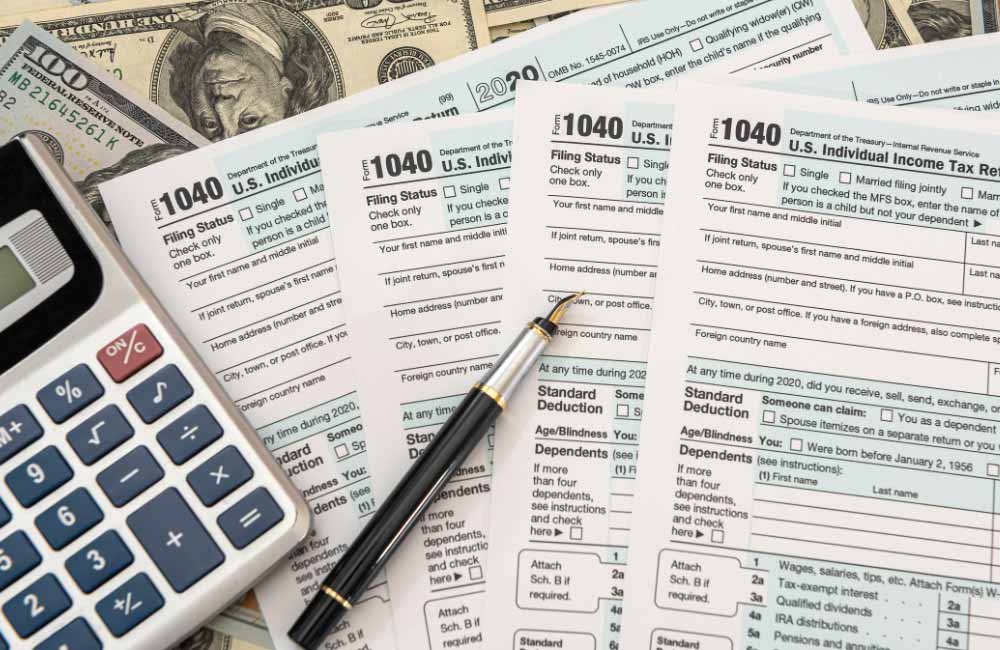Taxes are an inevitable part of life, but that doesn’t mean you can’t take steps to reduce your tax burden and maximize your savings. With careful planning and a bit of strategic thinking, you can legally minimize the amount of taxes you owe and keep more of your hard-earned money. Here are some smart tax-saving tips to consider:
1. Understand Your Tax Bracket
The first step in effective tax planning is understanding the tax bracket you fall into. Your tax bracket determines the percentage of your income that you owe in taxes. By knowing your bracket, you can make informed decisions about how to allocate your funds.
2. Contribute to Retirement Accounts
Contributions to retirement accounts like a 401(k) or an Individual Retirement Account (IRA) offer a double benefit. Not only do they help secure your financial future, but they also offer tax advantages. Contributions to traditional retirement accounts are often tax-deductible, meaning they reduce your taxable income for the year.
3. Explore Tax Credits
Tax credits directly reduce the amount of tax you owe, making them incredibly valuable. Common tax credits include the Child Tax Credit, Earned Income Tax Credit (EITC), and the Lifetime Learning Credit. Make sure you research and understand the tax credits that apply to your situation.
4. Deduct Your Mortgage Interest
If you’re a homeowner with a mortgage, you can typically deduct the interest you pay on your mortgage from your taxable income. This deduction can lead to substantial savings, especially in the early years of your mortgage when interest payments are higher.
5. Consider Tax-Efficient Investments
Investing in tax-efficient assets can make a significant difference in your tax liability. Look for investments that generate capital gains instead of ordinary income, as capital gains are often taxed at a lower rate. Index funds and tax-managed funds are examples of investments designed with tax efficiency in mind.
6. Take Advantage of Health Savings Accounts (HSAs)
If you have a high-deductible health insurance plan, consider contributing to a Health Savings Account (HSA). HSAs offer a triple tax advantage: contributions are tax-deductible, earnings grow tax-free, and withdrawals for qualified medical expenses are tax-free. Plus, the funds in an HSA can be carried over from year to year.
7. Timing is Key
Strategically timing your income and expenses can have a significant impact on your tax liability. For example, you might consider delaying a bonus or freelance payment until the following year if it will push you into a higher tax bracket. Conversely, accelerating deductible expenses into the current year can help you reduce your taxable income.
8. Keep Immaculate Records
Maintain thorough and accurate records of all your financial transactions, deductions, and receipts. This will make tax filing much easier and ensure that you don’t miss out on any potential deductions or credits.
9. Charitable Contributions
Donating to registered charities not only supports causes you believe in but can also provide you with a deduction on your taxes. Keep records of your charitable contributions, including receipts and documentation from the charitable organizations.
10. Consult a Tax Professional
While there’s a lot you can do to save on taxes independently, consulting a tax professional can provide valuable insights tailored to your specific situation. A tax advisor can help you navigate complex tax laws, identify opportunities for savings, and ensure compliance with current regulations.
Proactive tax planning can significantly impact your financial well-being. By understanding your tax situation, leveraging tax-advantaged accounts, and making strategic financial decisions, you can minimize your tax liability and keep more of your money working for you. Always stay informed about the latest tax laws and regulations to make the most of your tax-saving efforts. For the best and most reliable accounting and tax preparation services in and around Orlando, call Orlando CPA, RW Phipps at 407-422-4171.

Recent Comments